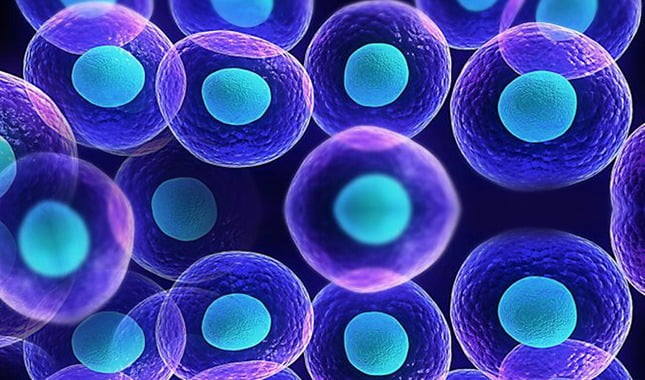For his commitment to research and transplantation of hematopoietic stem cells, the hematologist David Gómez Almaguer received the Distinguished Service Award, awarded by the Center for International Research of Blood and Bone Marrow Transplants, United States.
The Head of the Hematology Service of the University Hospital of UANL received the award along with Dr. Guillermo Ruiz-Argüelles, from Puebla, on February 24, in Orlando, Florida, during the group’s congress.
The Center, located in Milwaukee, Wisconsin, collaborates with the international scientific community to promote the transplantation of hematopoietic cells and research in cell therapy in the world.
Although his name is engraved, the award represents a joint effort of the 12 specialists who collaborate in the department, as well as the HU and the Highest House of Studies, the specialist said.
“Obviously it is not a single person’s job, it’s a lot of people’s work, and they give it to me because that’s the rules of the game,” said Gómez Almaguer.
Due to its prestige, Conacyt has been cataloged to the Hematology Service of the HU as an international reference center, the only hematology program in the country with this distinction.
This thanks to the scientific production and recognition of its members, mostly belonging to the National System of Researchers.
OUR METHODOLOGY
The costs of a bone marrow transplant, also known as hematopoietic stem cells, is usually high; in the United States, it costs between 36,000 and 200,000 dollars per year, depending on the type.
But the HU is working with a methodology that allows reducing its cost with a procedure that requires fewer days of hospitalization and has attracted international attention.
“In the same conference, I offered a lecture about our experience that is allowing more patients to be transplanted,” explained the 64-year-old hematologist.
Thanks to this an autologous transplant, in which the patient receives their own stem cells, can go down to 8 thousand 500 dollars, or around 170 thousand pesos.
This has allowed that at the institutional level, the Hematology Service performs more transplants at the national level, with an average of 80 on an annual basis and on the rise.
“We do more than the National Institute of Cancerology, the National Institute of Medical Sciences and Nutrition, and IMSS hospitals.”


